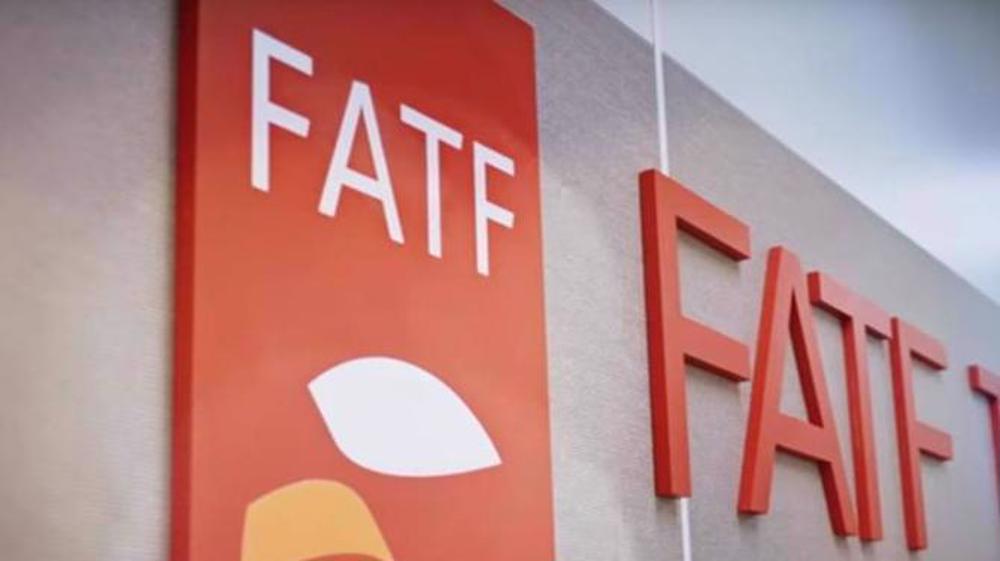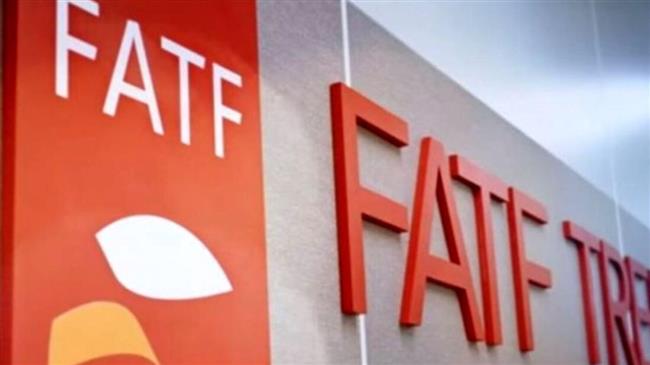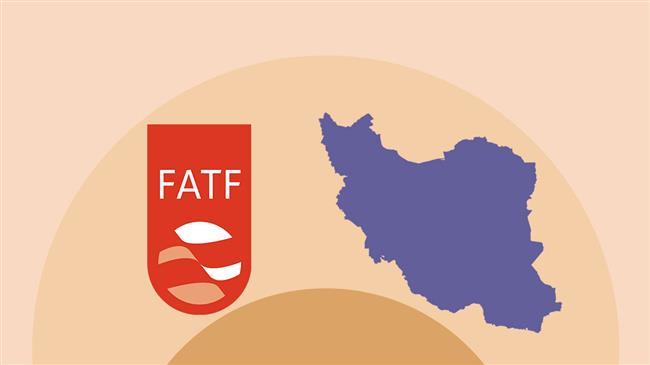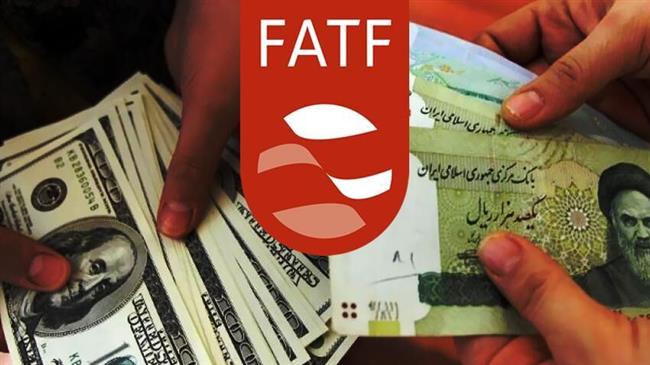What does Iran have to lose or gain by acting on FATF’s demands?
The Western-dominated Financial Action Task Force (FATF), a Paris-based organization, which proclaims to be fighting money laundering, is pressing Iran to fall into step with the full range of its directives. In 2016, Iran was suspended from the FATF’s so-called blacklist after taking some of the measures that the taskforce required of it. The body has, however, penned the Islamic Republic’s name back into the list to have it submit to the rest of its demands. The following looks at the measures that Tehran has taken in line with the FATF’s requests and the outstanding ones as well as what the country stands to lose or gain from taking the pending steps.
The body took Iran out of its blacklist after the country established a cash declaration regime, enacted amendments to its Counter-Terrorist Financing Act and its Anti-Money Laundering Act, and adopted an AML bylaw.
Two years later, though, and as the Islamic Republic was yet to enact the United Nations Convention against Transnational Organized Crime, aka the Palermo Convention, and the world body’s “Terrorist Financing Convention” in line with the FATF’s Standards, the taskforce blacklisted Iran again.
The G7-established taskforce last notified Iran that it was still in default of the purported requirements earlier in February.
Blacklisting by the FATF carries wide-ranging economic repercussions that afflicts Iran’s domestic and international banking transactions at a time when it has already been subjected to a campaign of economic terrorism by the United States. The US returned its inhumane sanctions against Iran after leaving a nuclear deal between the Islamic Republic and world powers in 2018, the same year when the FATF took on the country again.
The simultaneity of the anti-Iran drives has given rise to speculations of a connection between them given the fact that Washington constitutes the FATF’s biggest economy too.
The opponents and proponents of alignment with the taskforce’s requirements have, meanwhile, mooted their respective standpoints, each of which may warrant attention in their own right.
Opponents
The detractors say the prospect of Iran’s fulfilment of its supposed outstanding obligations towards the FATF lays the groundwork for intervention in the Islamic Republic by the taskforce’s membership, which mainly consists of the US and its Western allies.
They remind that the remaining obligations require Iran to bring its penal code in line with that of the FATF by “criminalizing” many things in accordance with the organization’s definition, notwithstanding the differences between the two sides’ standards.
Besides, they note, how Iran and the FATF’s definition of “terrorism” differs in some areas given the US and its allies’ so-called “terror blacklisting” of many popular regional organizations that resist the Israeli regime’s occupation and aggression.
Should Iran take the pending steps, the opponents say, it would, therefore, be lending the world’s hegemonic powers a means of meddling in its domestic affairs and putting it under yet more pressure.
The opponents of the Islamic Republic’s complete submission to the body, who happen to include lawmakers and other experts, also highlight that such unquestioning adherence and the intervention that it could lead to would affect the country’s defensive doctrine in the future.
Proponents
Those who are in favor of the country’s fulfilment of the FATF’s remaining demands argue that the Palermo Convention can help fight economic opportunists on the national and international level, and complicate the existing paths towards rent-seeking and embezzlement.
They say continued delay in acting on the taskforce’s requirements could, in turn, partially delay confrontation against corrupt practices and run up monumental corruption cases in the future.
They cite a number of people, who used to be trusted to help the country bypass the US’s sanctions, but abused the opportunity to engage in far-and-wide corruption to line their own pockets.
They also remind that continued refusal to enact the FATF’s demands gives the taskforce an excuse to keep Iran on its blacklist, and thus continue to complicate its financial transactions, something, which, in turn, escalates the economic pressure that the country is facing.
Satellite images indicate Israel entrenching a permanent military presence in Gaza
US-led meeting talks implementation of ‘phase two’ of Gaza ceasefire, ignoring Israeli violations
Iran’s subsidized currency allocations at over $42 in Mar-Dec: CBI
VIDEO | Locals march in eastern France after gas explosion kills two children
Iran wins double gold at world age-group Blitz Chess in Antalya
Two former Palestinian prisoners recount sexual abuse in Israeli detention
Iran cuts steel imports amid surge in domestic output
VIDEO | Trump’s comments on Golan Heights spark outrage among Syrians















 This makes it easy to access the Press TV website
This makes it easy to access the Press TV website